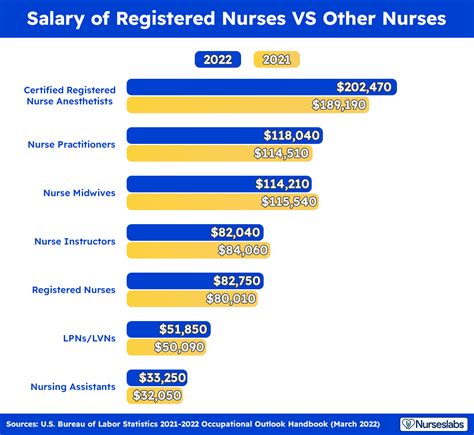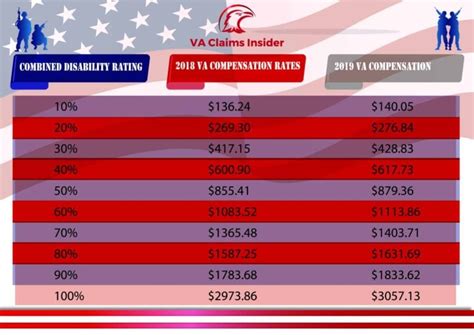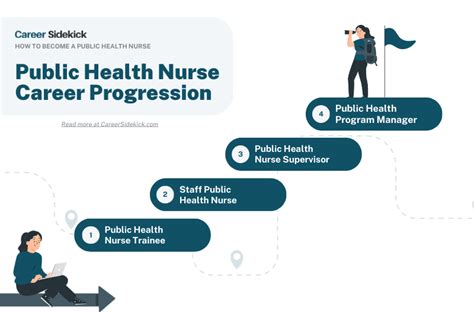Intro
Discover the latest nurse pay in Georgia, including salaries and benefits for RNs, LPNs, and nurse practitioners. Learn about the average hourly and annual wages, bonuses, and overtime pay. Get insights into the best-paying cities and industries, and understand how experience and education impact nurse compensation in the Peach State.
Nursing is a rewarding and in-demand profession, and Georgia is no exception. With a growing population and an aging healthcare system, the demand for skilled nurses in Georgia is on the rise. If you're considering a career in nursing or are already a nurse in Georgia, you're likely curious about nurse pay in the state. In this article, we'll break down the salaries and benefits for nurses in Georgia, as well as provide some insights into the job market and growth opportunities.

Nurse Salaries in Georgia
Nurse salaries in Georgia vary depending on factors such as location, experience, education, and specialty. According to the Bureau of Labor Statistics (BLS), the median annual salary for registered nurses (RNs) in Georgia was $76,840 in May 2020. Here are some average salary ranges for different types of nurses in Georgia:
- Registered Nurses (RNs): $65,000 - $90,000 per year
- Licensed Practical Nurses (LPNs): $45,000 - $65,000 per year
- Certified Nursing Assistants (CNAs): $30,000 - $45,000 per year
- Advanced Practice Registered Nurses (APRNs): $90,000 - $120,000 per year
Salary Variations by Location
Salaries for nurses in Georgia can vary significantly depending on the location. Major cities like Atlanta and Augusta tend to offer higher salaries than smaller towns and rural areas. Here are some average salary ranges for nurses in different cities in Georgia:
- Atlanta: $70,000 - $100,000 per year
- Augusta: $65,000 - $90,000 per year
- Savannah: $60,000 - $80,000 per year
- Macon: $55,000 - $75,000 per year
Nurse Benefits in Georgia
In addition to salaries, nurses in Georgia also receive a range of benefits, including:
- Health insurance: Many hospitals and healthcare organizations in Georgia offer comprehensive health insurance plans for their employees.
- Retirement plans: Nurses in Georgia may be eligible for retirement plans such as 401(k) or pension plans.
- Paid time off: Nurses in Georgia typically receive paid vacation time, sick leave, and holidays.
- Continuing education opportunities: Many hospitals and healthcare organizations in Georgia offer continuing education opportunities and professional development programs for nurses.

Growth Opportunities for Nurses in Georgia
The demand for nurses in Georgia is expected to grow significantly in the coming years. According to the BLS, employment of RNs in Georgia is projected to grow 12% from 2020 to 2030, faster than the national average. This growth is driven by an aging population, an increased focus on preventive care, and the need to replace retiring nurses.
Specialty Nursing Careers in Georgia
If you're interested in specializing in a particular area of nursing, Georgia offers a range of opportunities. Some of the most in-demand specialty nursing careers in Georgia include:
- Critical care nursing: Critical care nurses work in intensive care units (ICUs) and other high-acuity settings, caring for patients who are critically ill or injured.
- Pediatric nursing: Pediatric nurses care for infants, children, and adolescents, working in hospitals, clinics, and other healthcare settings.
- Operating room nursing: Operating room nurses work in surgical settings, assisting surgeons and anesthesiologists during procedures.

Education and Training for Nurses in Georgia
To become a nurse in Georgia, you'll need to complete a nursing program approved by the Georgia Board of Nursing. Here are some education and training options for nurses in Georgia:
- Associate's degree in nursing (ADN): An ADN program typically takes two years to complete and prepares students for the NCLEX-RN exam.
- Bachelor's degree in nursing (BSN): A BSN program typically takes four years to complete and provides more advanced training in nursing theory and practice.
- Master's degree in nursing (MSN): An MSN program typically takes two to three years to complete and prepares students for advanced practice roles such as nurse practitioner or nurse educator.
Nursing Schools in Georgia
Georgia is home to many excellent nursing schools, including:
- University of Georgia College of Nursing
- Georgia State University Byrdine F. Lewis College of Nursing and Health Professions
- Emory University Nell Hodgson Woodruff School of Nursing

Conclusion
Nursing is a rewarding and in-demand profession in Georgia, with a range of salaries and benefits available to nurses. Whether you're just starting your nursing career or are looking to specialize in a particular area, Georgia offers many opportunities for growth and advancement. By understanding the salaries, benefits, and education requirements for nurses in Georgia, you can make informed decisions about your career and achieve your goals.

We hope this article has provided you with valuable insights into nurse pay in Georgia. Whether you're a nursing student, a new nurse, or an experienced nurse looking to advance your career, we encourage you to share your thoughts and experiences in the comments below.
What is the average salary for a nurse in Georgia?
+The average salary for a nurse in Georgia varies depending on factors such as location, experience, and education. According to the Bureau of Labor Statistics, the median annual salary for registered nurses in Georgia was $76,840 in May 2020.
What benefits do nurses in Georgia typically receive?
+Nurses in Georgia typically receive a range of benefits, including health insurance, retirement plans, paid time off, and continuing education opportunities.
What are the most in-demand nursing specialties in Georgia?
+Some of the most in-demand nursing specialties in Georgia include critical care nursing, pediatric nursing, and operating room nursing.
